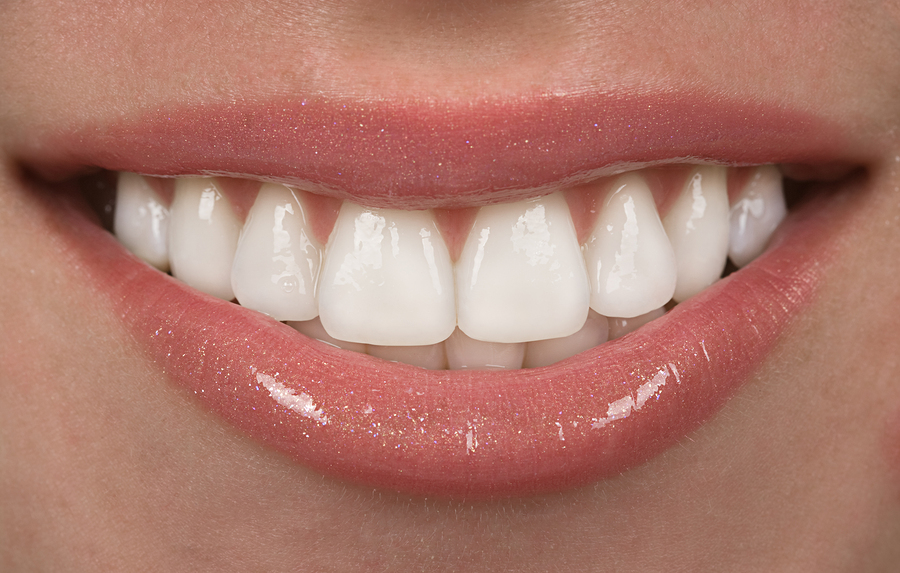
26 Jan All You Need to Know About Dental Veneers
You may be familiar with the term ‘veneers’, which is often used when discussing cosmetic dentistry. But what exactly are dental veneers, and when might you need them? In this blog post we will answer both of these questions and tell you all you need to know about dental veneers.
What are dental veneers?
Veneers are very thin custom-made shells that are designed to cover the front surface of your teeth. Veneers are usually created from porcelain or composite resin. Porcelain is a popular choice for veneers as it is a durable material that will not change colour or stain over time. Composite resin is more affordable than porcelain and veneers in this material can be completed in one dental visit, as opposed to the two visits often required with porcelain veneers. Both materials are designed to match the enamel of your teeth giving you a bright, beautiful and natural smile.
When would you need them?
Dental veneers can be a great option to change the colour, appearance and shape of your teeth giving you more confidence in your smile. You might be interested in having veneers if you have the following:
- Teeth that are broken, chipped or cracked.
- Teeth that are discoloured.
- Teeth that have large gaps between them.
However, dental veneers are not suitable for everyone, or every tooth. The best thing to do is consult with your dentist to discuss your individual needs and get their expert opinion. In the case of patients with weakened, severely misshapen or malformed teeth, your dentist may refer you to prosthodontist or an orthodontist for more specialized treatment.
How are they applied?
Depending on whether you are going with porcelain or composite resin, the veneers will be applied in one of two ways:
Porcelain veneers
Porcelain veneers are usually applied over two dental visits. The first visit will involve removing a thin layer of the enamel from your natural teeth to make room for the veneers. This step is often done after giving you some local anesthetic/freezing. The dentist will then take a mold of your teeth so the porcelain veneers can be custom created just for you. Between visits, while your custom veneers are being made, your dentist may apply temporary veneers to your teeth. At your second visit, the custom veneers will be adhered to your teeth with a dental cement.
Resin veneers
Your dentist will first apply a chemical to your teeth so that the composite resin adheres to the surface better. Once the correct colour of composite resin has been chosen to best match the natural colour of your teeth it will be applied in layers. After each layer has been applied, a bright light is shone on your teeth to harden the resin. Once the final layer is finished, your dentist will shape and polish your tooth so that the final result is shiny, smooth and natural.
How do you care for them?
Dental veneers only require slightly more care than your regular teeth. Once the dental veneers have been applied, you should avoid eating hard food such as nuts or ice as these can cause the veneers to crack. If a porcelain veneer cracks, it will need to be completely replaced. Regular dental care such as brushing, flossing, and dental check-ups are necessary in keeping your veneers in top condition.
If you are interested in learning more about dental veneers, and whether or not they would be suitable for you, please don’t hesitate to contact the team at McAllister Dentistry today. We would be happy to discuss your options with you.


Sorry, the comment form is closed at this time.